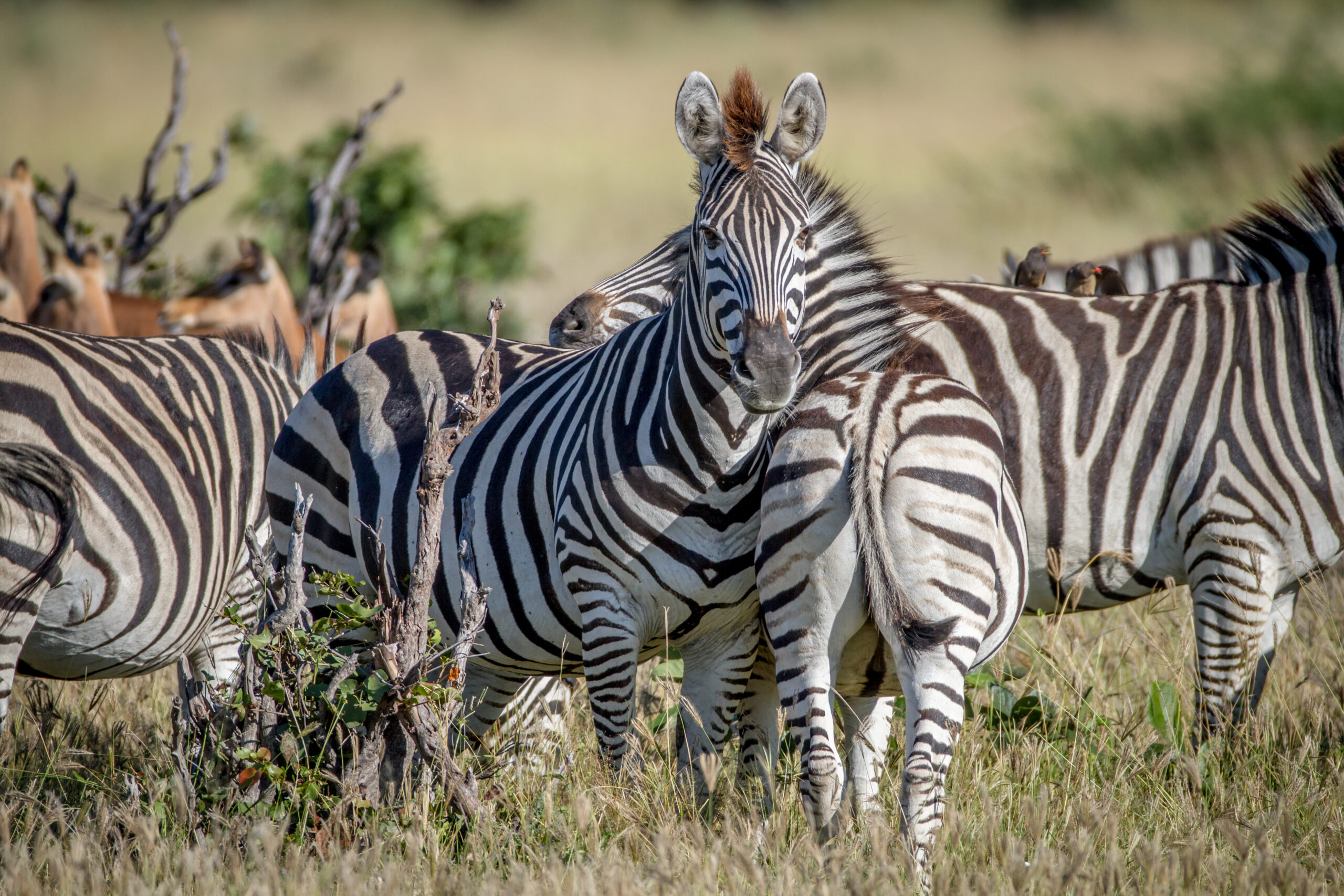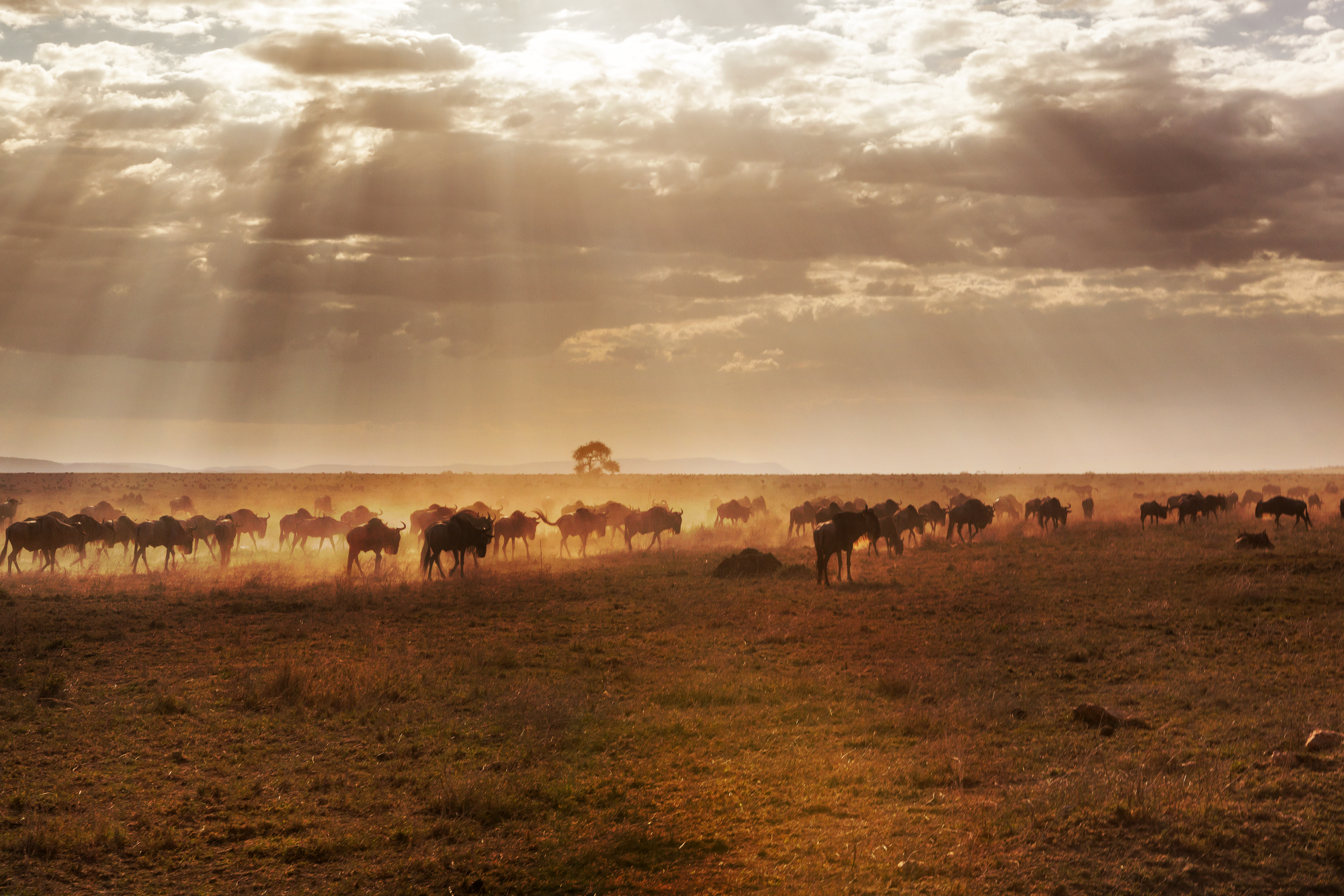Trophy hunting in Africa, when well-regulated and ethically managed, can be a valuable conservation tool—especially for species like lions. Through a detailed bioeconomic model, researchers found that trophy hunting plays a vital role in maintaining lion populations when no strong wildlife-based tourism alternative exists. In areas where tourism isn’t viable, banning hunting can actually harm wildlife by removing the financial incentive to conserve land and species.
While critics argue it causes harm, responsible hunting generates critical funding for anti-poaching, habitat protection, and local communities.
Game ranches and conservancies that support regulated lion hunting help preserve vast areas of land and have contributed to species recovery. Without the income from hunting, these areas could be lost to development or suffer from increased poaching.
Yes, challenges exist—such as overhunting, corruption, and uneven revenue distribution—but these highlight the need for reform, not bans. Science-based quotas, fair community involvement, and strict oversight can ensure hunting supports conservation, not harms it.
With proper regulation and local empowerment, trophy hunting can protect wildlife, support rural economies, and ensure a future for Africa’s iconic species like the lion.

